Instant Opinion: Bury football league expulsion is ‘grim warning’ for ‘small-town Britain’
Your guide to the best columns and commentary on Wednesday 28 August
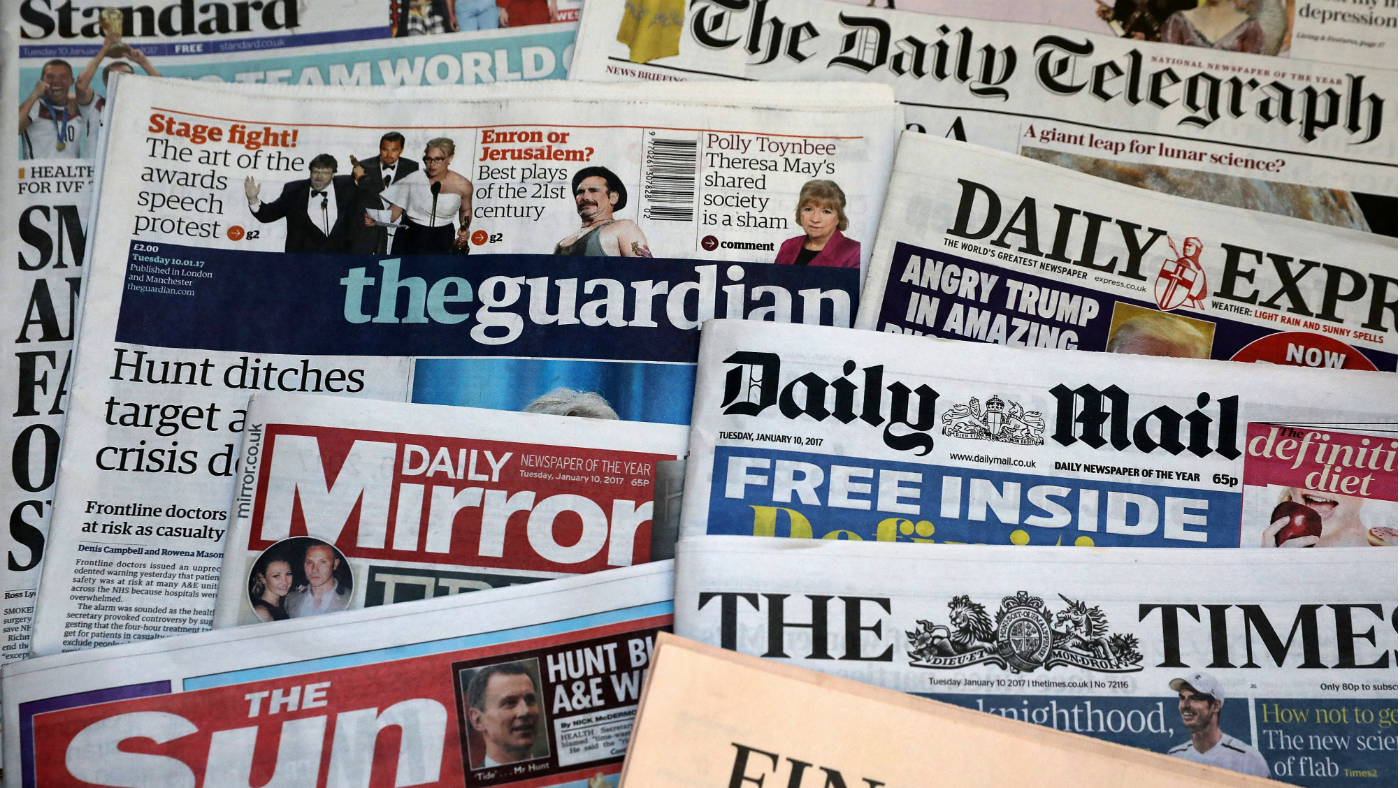
A free daily email with the biggest news stories of the day – and the best features from TheWeek.com
You are now subscribed
Your newsletter sign-up was successful
The Week’s daily round-up highlights the five best opinion pieces from across the British and international media, with excerpts from each.
1. David Conn in The Guardian
on the death of a footballing institution
The Week
Escape your echo chamber. Get the facts behind the news, plus analysis from multiple perspectives.

Sign up for The Week's Free Newsletters
From our morning news briefing to a weekly Good News Newsletter, get the best of The Week delivered directly to your inbox.
From our morning news briefing to a weekly Good News Newsletter, get the best of The Week delivered directly to your inbox.
Bury’s demise is a grim warning that small-town Britain is still being left behind
“The details of Bury’s crumbling expose an alarming, knacker’s-yard wreckage that is more broadly worrying for the economies of Britain’s old industrial places at this time of imminent national shock. Football, the national sport, has always reflected the country and its times. When Bury, Bolton, Blackburn, Preston and other north-west and Midlands towns formed the late-Victorian professional clubs, they were powerhouses of mills and manufacturing. The former public schoolboys who founded the Football Association in London in 1863 remained amateurs and opposed professionalism for years – partly because they did not need the money to compensate them for time off to train and play. Today, the ruins of Bury FC expose the wider vulnerability of its surrounding town and many places like it around the country on the brink of Brexit: a disruption engineered by politicians who never took the bus to school, apparently incubating extreme ideologies for a country from which they were always kept detached.”
2. Frank Bruni in the New York Times
on political fatigue
A free daily email with the biggest news stories of the day – and the best features from TheWeek.com
Donald Trump has worn us all out
“I woke up Saturday, made my coffee, shuffled to my computer, started to glance at the news and suddenly had to stop. I couldn’t go on. Trump had yet again said something untrue, once more suggested something absurd, contradicted himself, deified himself, claimed martyrdom, blamed Barack Obama, made his billionth threat and hurled his trillionth insult. That was all clear from the headlines, which were as much as I could take. He had commandeered too many of my thoughts, run roughshod over too many of my emotions, made me question too many articles of faith. I was sapped — if not quite of the will to live, then of the will to tweet, to Google and to surf the cable channels, where his furious mien and curious mane are ubiquitous. What I was feeling was beyond Trump fatigue and bigger than Trump exhaustion. It was Trump enervation. Trump enfeeblement. And within it I saw a ray of hope.”
3. Jill Filipovic in CNN
on the problems with celebrity protest
Taylor Swift's imperfect activism
“Swift is no Ferrera. She hasn't struck this balance perfectly -- there are a lot of LGBTQ organizers who are doing better work than celebrities when it comes to advocating for marginalized communities -- but she has, laudably, used her platform for good. She chose a specific issue. She gave her fans and followers a specific action they can take: Sign the petition and push your elected representatives to pass the Equality Act. Petitions, unfortunately, don't do much to sway a president who is hostile to LGBTQ rights, nor Senate Republicans who also refuse to give LGBTQ Americans necessary anti-discrimination protections. In an age of Queer Eye and Ellen DeGeneres, a great many Americans may not even realize that it remains broadly legal to discriminate against someone for being gay, bisexual or transgender.”
4. Pankaj Mishra in Bloomberg News
on the PR disaster of Narendra Modi’s Kashmir strategy
India is shooting itself in the foot in Kashmir
“In news reports and analyses, India’s prime minister is not uncommonly grouped with such demagogic politicians as Donald Trump, Vladimir Putin, Jair Bolsonaro and Rodrigo Duterte. Even Pakistan, long identified internationally as a rogue nation, has felt emboldened enough to denounce Modi’s government as ‘racist’ and ‘fascist’. Modi himself has suffered new damage to a reputation that he had diligently washed free of the taint of suspected complicity in a 2002 anti-Muslim pogrom. Ascending to power in 2014, he managed to persuade many in the West that he was focused on making India's economy grow and creating jobs rather than stoking Hindu majoritarianism. Modi’s image as an economic modernizer suffered greatly from his decision to withdraw most currency notes from circulation in 2016. Post-Kashmir, it has become even harder to maintain.”
5. Zulfikar Abbany in Deutsche Welle
on the benefits of pessimism
Optimists are stupid. Serves them right.
“I often think I'd live a happier life if I stopped worrying about my myriad of ethical concerns, whether I've done right by other people, or even done right by myself. Or whether I could try harder, and whether I need to spend a little more time looking back to work out why and how I went wrong — in the hope of doing better next time. A kind American journalist patted me gently on the shoulder recently and said, ‘I think you're over-thinking things a bit.’ ‘Yeah?’ I replied, with a smile, ‘You think?’. He was right, of course. But I wouldn't have it any other way. I rely on a sense of my being hyper-aware — hyper-aware of all the things I don't know. Optimists, by contrast, couldn't care less. They are basically stupid. Like the cliché ‘ignorance is bliss.’ And I don't mean that to be rude. Stupidity can be an advantage. It just depends on what you want to achieve in life and how you want to live it.”
-
 ‘Poor time management isn’t just an inconvenience’
‘Poor time management isn’t just an inconvenience’Instant Opinion Opinion, comment and editorials of the day
-
 Bad Bunny’s Super Bowl: A win for unity
Bad Bunny’s Super Bowl: A win for unityFeature The global superstar's halftime show was a celebration for everyone to enjoy
-
 Book reviews: ‘Bonfire of the Murdochs’ and ‘The Typewriter and the Guillotine’
Book reviews: ‘Bonfire of the Murdochs’ and ‘The Typewriter and the Guillotine’Feature New insights into the Murdoch family’s turmoil and a renowned journalist’s time in pre-World War II Paris
-
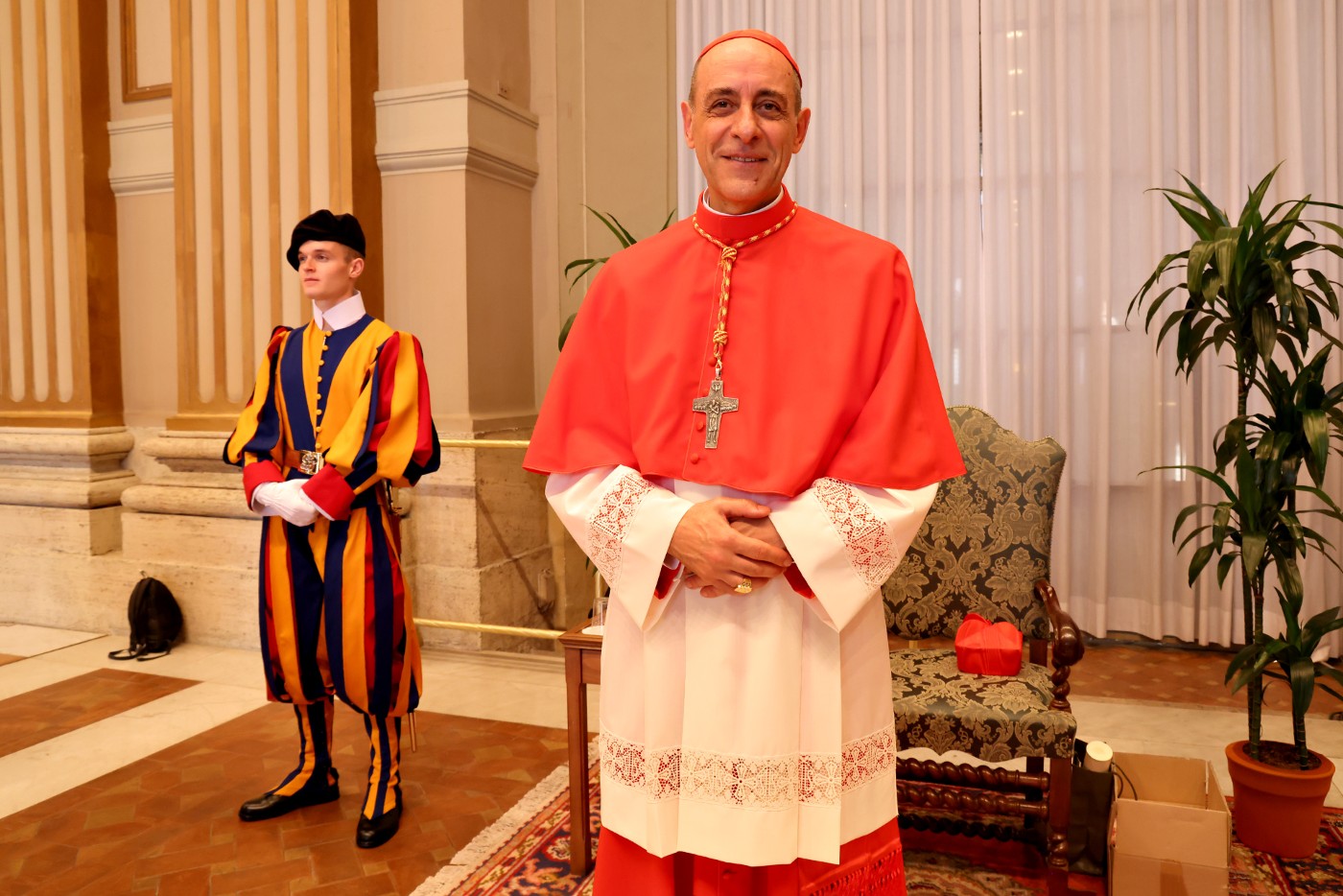 Pope aide under fire for 'mystical orgasms' book
Pope aide under fire for 'mystical orgasms' bookTall Tales And other stories from the stranger side of life
-
 Thieves who stole shopping bag in for big disappointment
Thieves who stole shopping bag in for big disappointmentTall Tales And other stories from the stranger side of life
-
 Woman has one in 50 million pregnancy
Woman has one in 50 million pregnancyTall Tales And other stories from the stranger side of life
-
 Despairing husband creates 'Taylor Swift jar'
Despairing husband creates 'Taylor Swift jar'Tall Tales And other stories from the stranger side of life
-
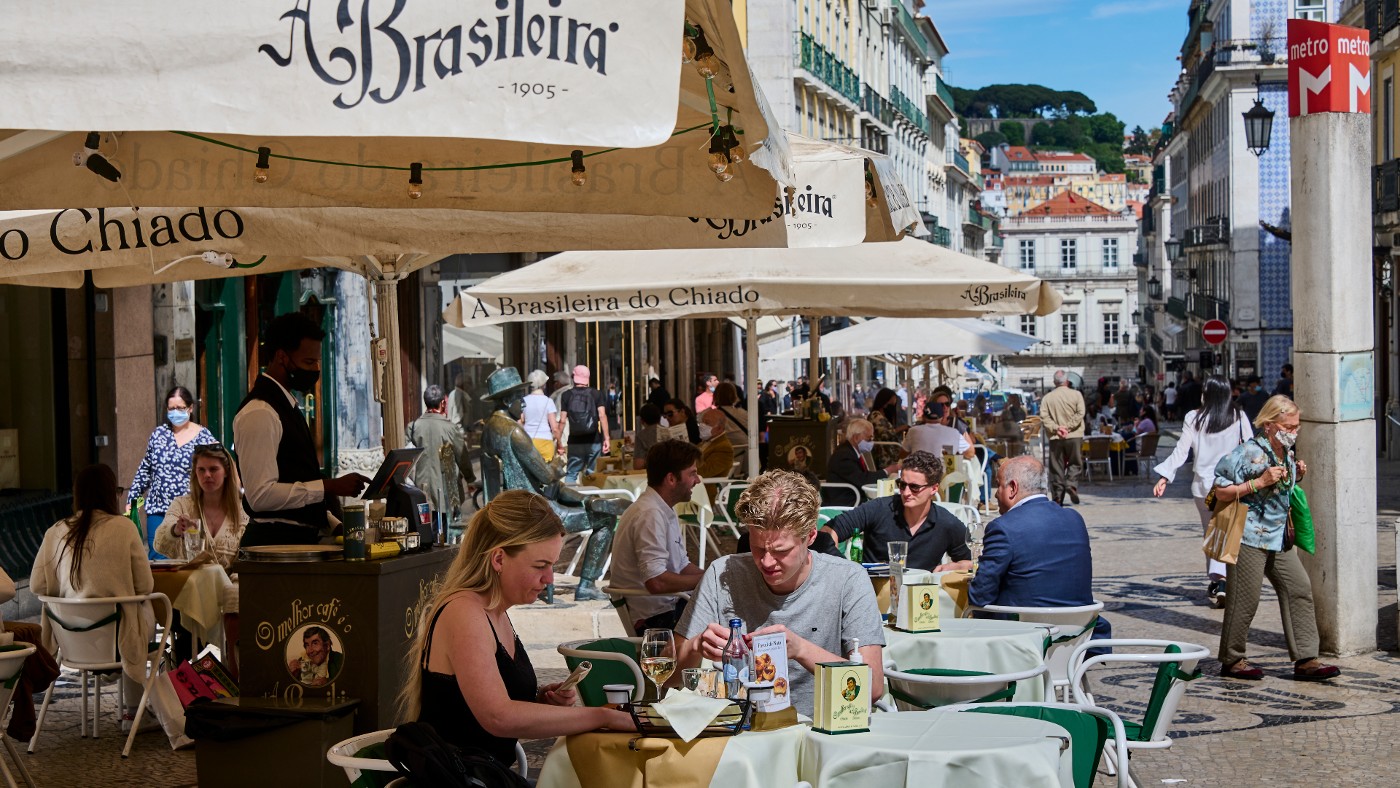 Tourist sparks bomb alert after accidentally ordering a 'grenade'
Tourist sparks bomb alert after accidentally ordering a 'grenade'Tall Tales And other stories from the stranger side of life
-
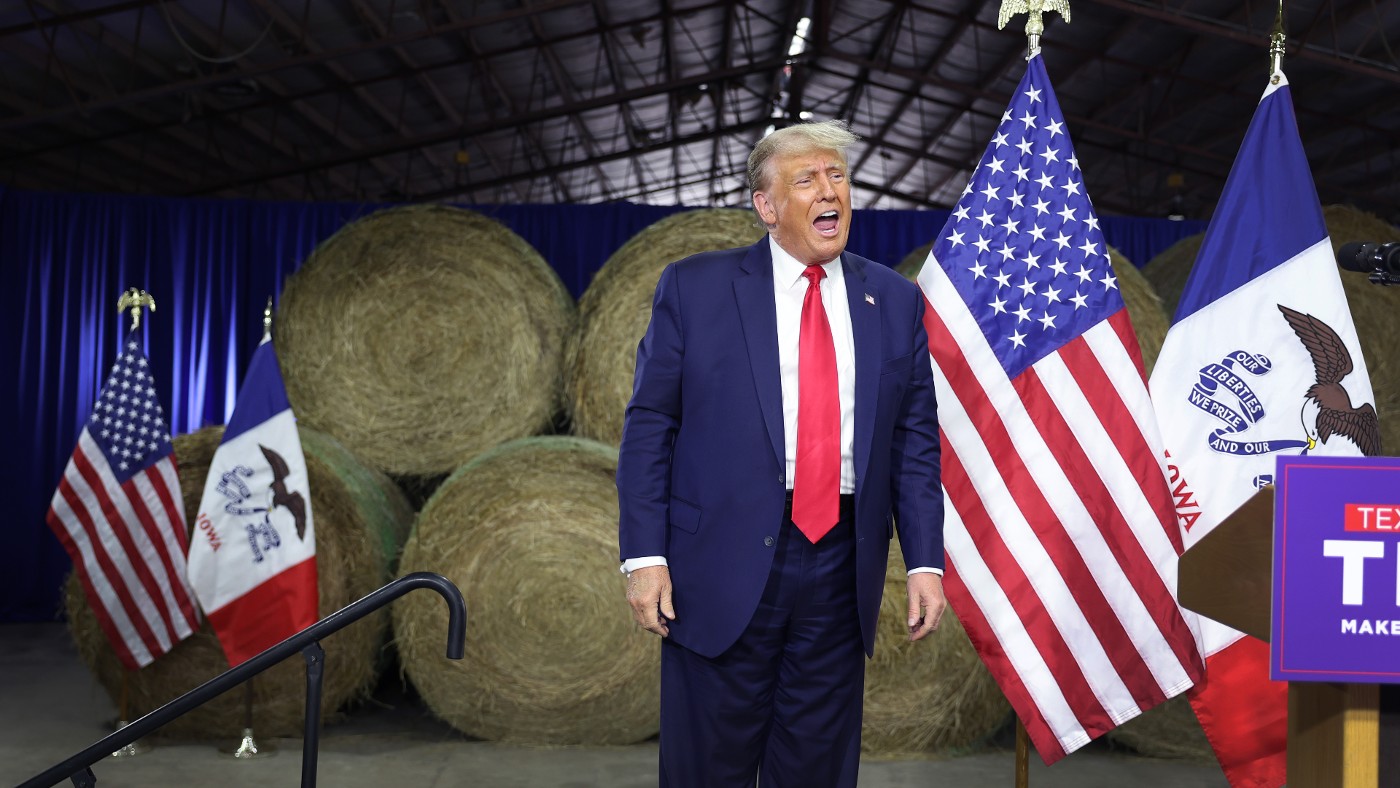 Flies attack Donald Trump
Flies attack Donald TrumpTall Tales And other stories from the stranger side of life
-
 The spiralling global rice crisis
The spiralling global rice crisisfeature India’s decision to ban exports is starting to have a domino effect around the world
-
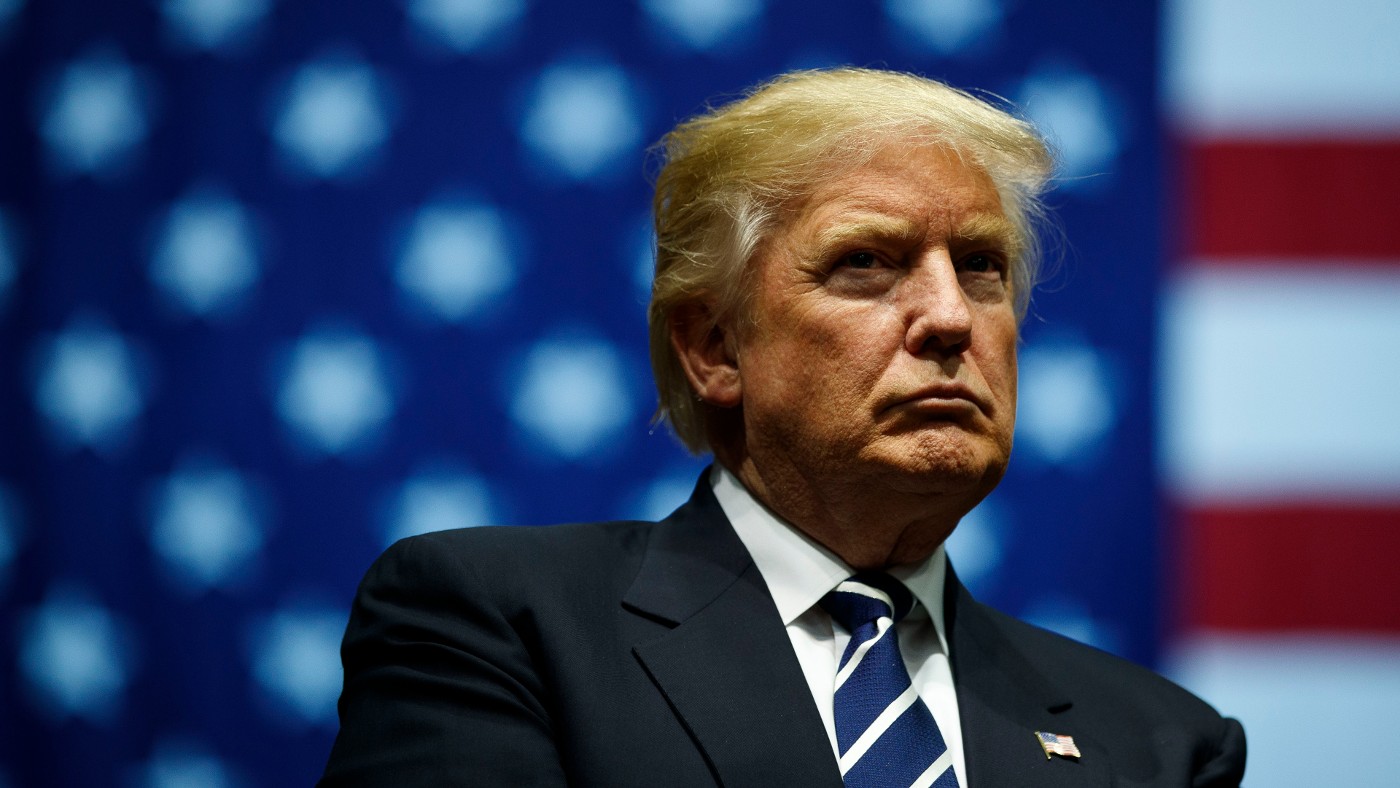 Donald Trump criminal charges for 6 January could strain 2024 candidacy
Donald Trump criminal charges for 6 January could strain 2024 candidacySpeed Read Former president’s ‘pettifoggery’ won’t work well at trial, said analyst